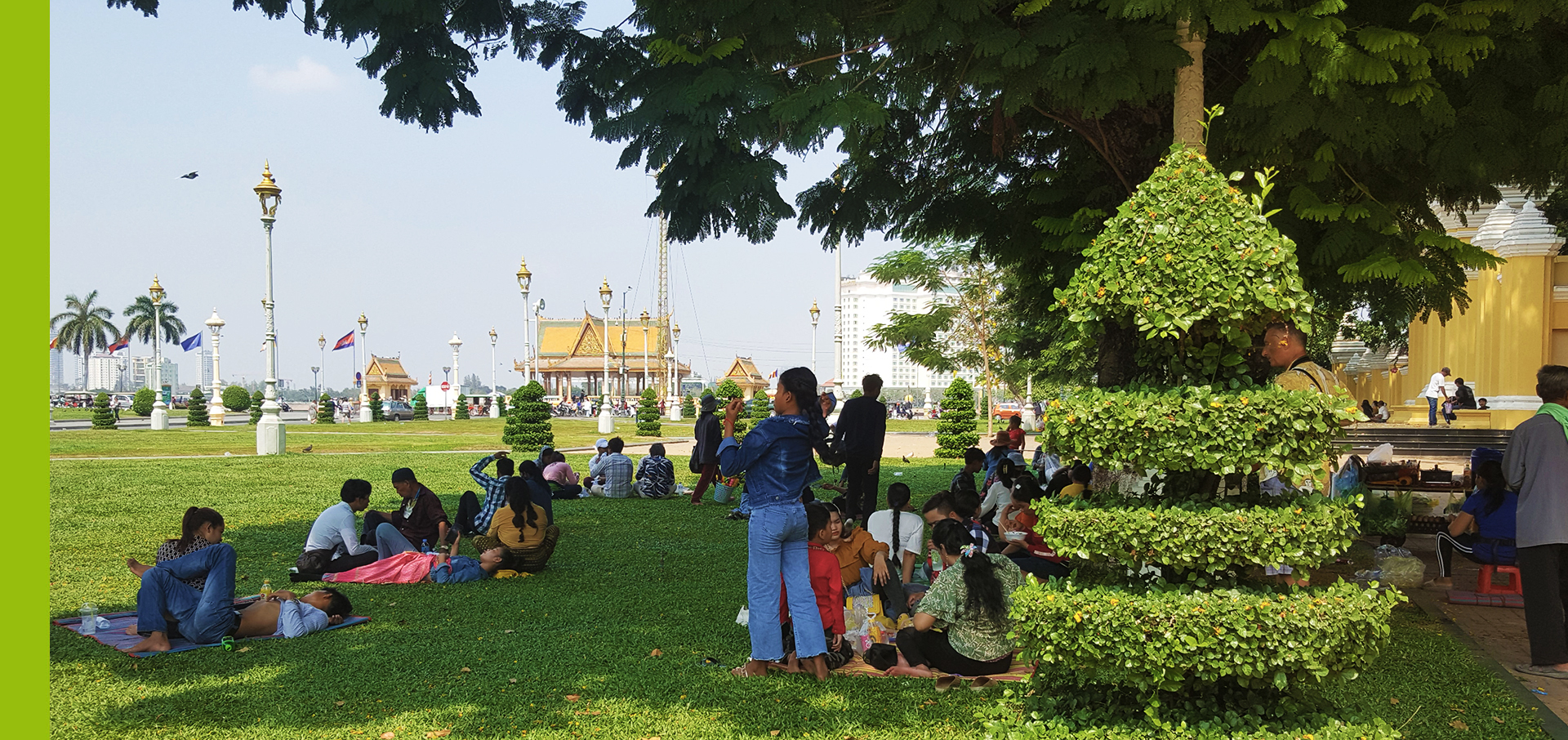Publication of video clip documentation of Build4People Science Workshop “B4P Transformation Toolbox”, RUPP, 27 May 2025
Build4People is thrilled to announce the publication of the video clip documentation of the Build4People Science Workshop “B4P Transformation Toolbox” which took place at the Cambodia-Korea Cooperation Centre (CKCC) at the Royal University of Phnom Penh (RUPP) on 27 May 2025.
This vibrant gathering of Cambodian and international experts was jointly organised and hosted by the Build4People Work Packages “Behaviour Change”, “Sustainable Neighbourhoods” and “Sustainable Urban Transformation”.
The workshop aimed to introduce and discuss the B4P Transformation Toolbox (TTB) with local stakeholders. This tangible product is the result of the collaborative efforts of the Build4People team and compromises which several interconnected components, including guidelines, manuals, applications, and capacity-building materials designed to foster sustainable neighbourhood development in urban Cambodia.
Special focus was placed on the TTB guideline “Governance and Participation”. In this context, the participants were introduced to the method of post-occupancy-evaluation (POE), a process which allows to assess the performance and effectiveness of a built environment, such as a building.
To gain a deeper understanding of the method, participants had the opportunity to experience an exemplary POE exercise with a spatial focus on the RUPP campus during the workshop.
#Build4People #BMFTR_SUREregions #UrbanTransformation #SustainableCities #Cambodia #RUPP #ScienceWorkshop #InterdisciplinaryResearch #GreenUrbanDevelopment #publicparticipation #transformationtoolbox #governance #sustainableurbantransformation












